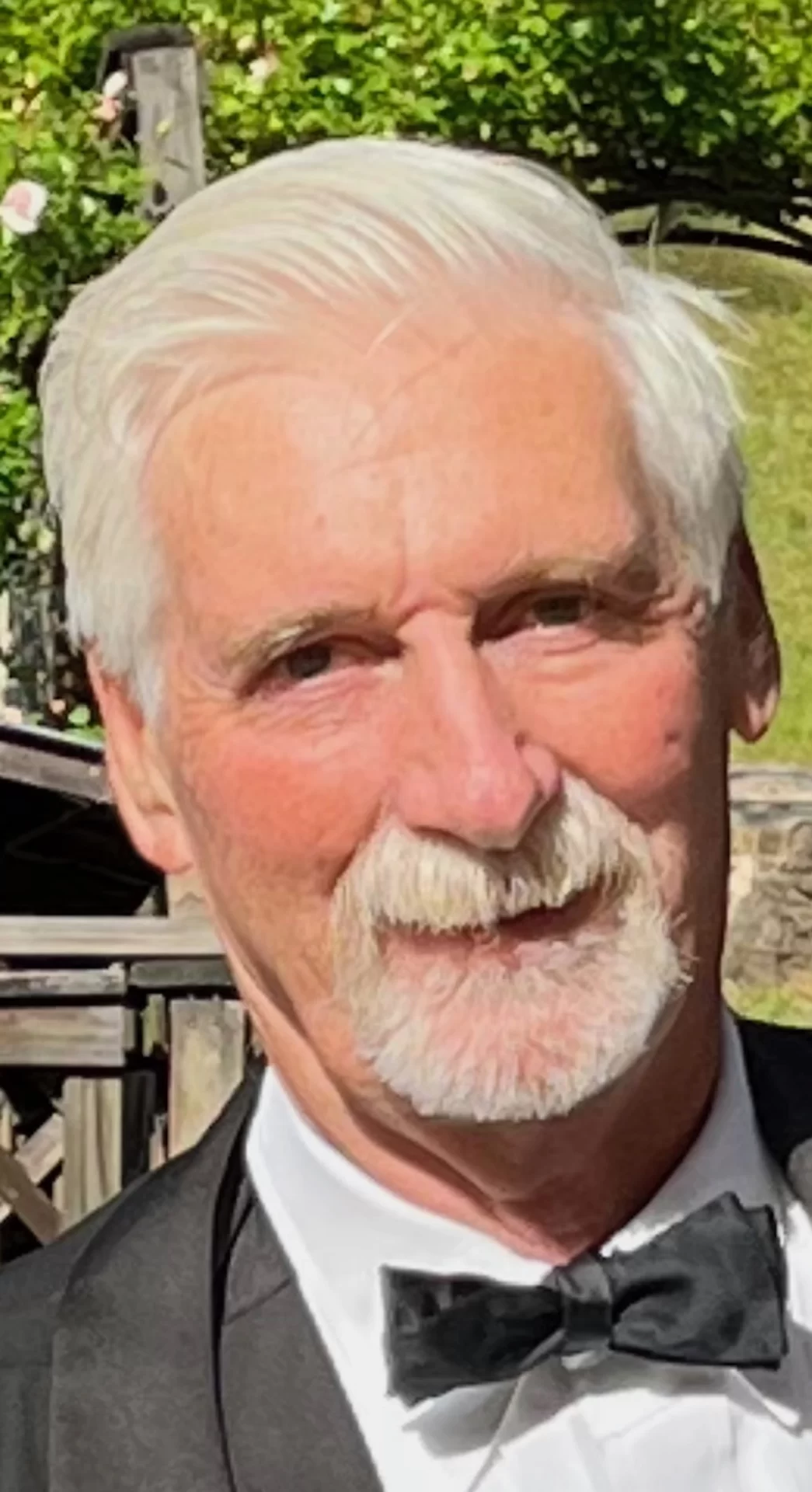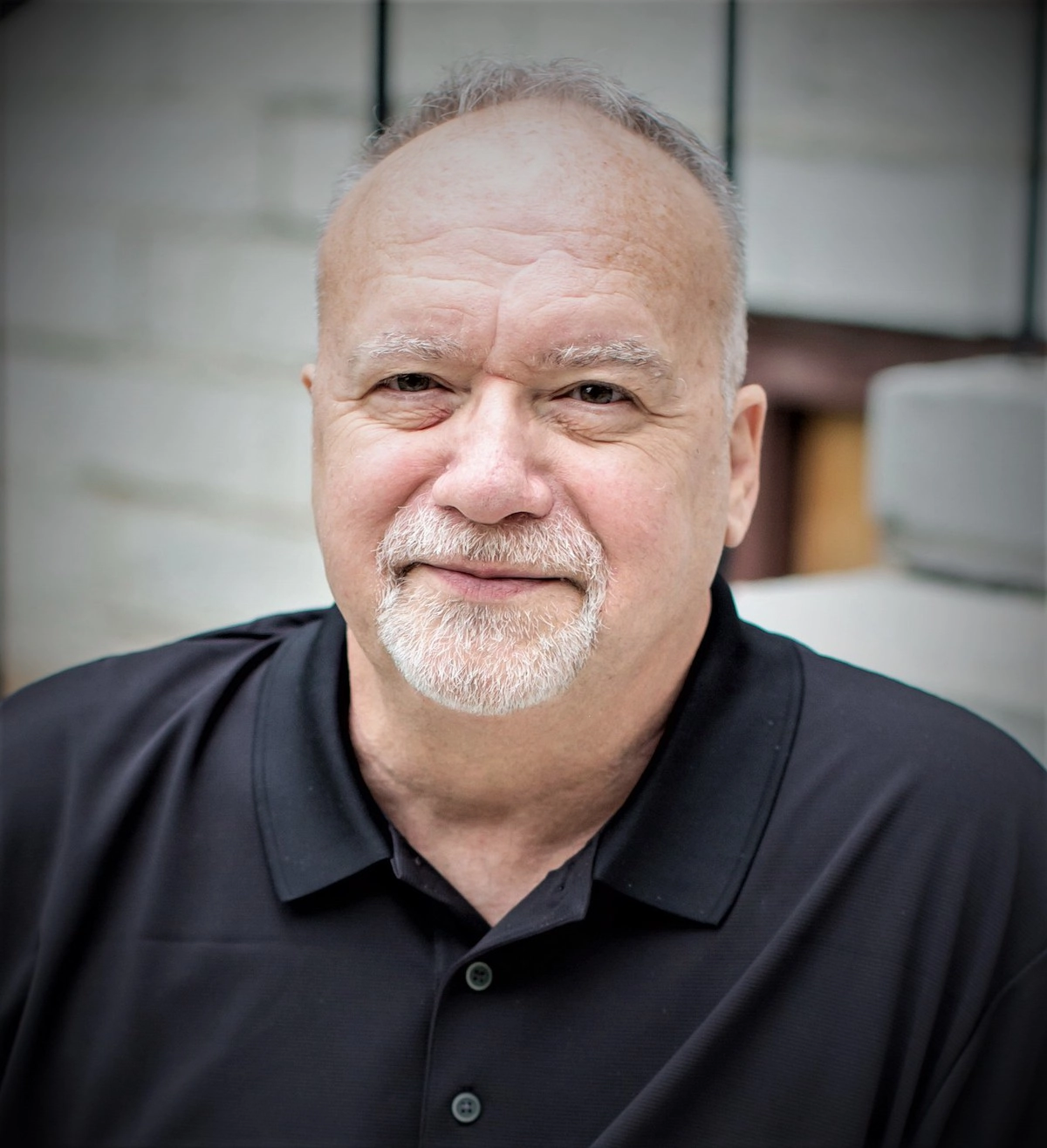By Scott Graber
It is Tuesday, and Susan and I are in Charleston. This morning I’m in the small lobby of the Bijou Boutique Hotel located next to the horse stables on Pinckney Street. I’m feeling triumphant, having just made a cup of cappuccino in a stylish, aerodynamic coffee maker that is entirely foreign to me.
Everything about the Bijou is small — the rooms, the stairs, the building. In spite of my miniaturized surroundings, the house is clearly authentic, secure, and later today we will visit the International African American Museum at Gadsden’s Wharf.
Last night I had dinner with my brother, David, and his wife at Tommy Condon’s Bar on State Street. Condon’s is an Irish bar that features bangers and mash; corned beef and cabbage; live guitar and fiddle music that was just loud enough to eliminate easy conversation. Nonetheless, we talked about our grandfather, Scott Teachey; and our grandmother Minnie Riddick Teachey.
Scott and Minnie lived here in Charleston (on Wragg Square) at the end of the 1800s. They were both born on farms in North Carolina — were attractive and ambitious. Scott worked on the railroad and Minnie was a hat-maker on King Street.
My brother told me that Scott was asked, by his parents, to leave their farm in Duplin County because they could not feed him and his siblings at the same time. David said that he migrated to South Carolina, near Conway, where he worked on the Waccamaw River loading turpentine onto barges. This information came mostly from our mother — the family historian — who also loaded us up on the “Lost Cause.”
In 1895 Benjamin Tillman — then Governor — convened a Constitutional Convention (in Columbia) that reworked the previous Constitution. At this convention there was a black delegation from Beaufort — Robert Smalls, William Whipper, James Wigg and Isaiah Reed — who spoke often. Notwithstanding their eloquence, this convention put a poll tax, literacy test, “understanding clause” and property requirement into play that would completely destroy the ability of black men to vote. If these restrictions were not enough, a “white-only primary” and state-wide racial segregation soon followed.
I am pretty sure Scott and Minnie were in Charleston by this time — or would shortly arrive — and I have wondered what they thought about Ben Tillman’s successful effort to push black folks back into servitude.
In this connection, I’ve been reading a book, The Promise of the New South by Edward Ayers, who writes, in part, “By later standards, virtually every white Southerner was racist. No matter how well intentioned whites might be, they believed that blacks were fundamentally different from themselves in intelligence and character. The most respected scientific thought of the age encouraged whites in this belief; the magazines and newspapers of the late nineteenth and early twentieth century were filled with a new assertion of Anglo-Saxon superiority, a self consciousness of the hierarchy of races around the world. …”
“The newly respectable racialism of Social Darwinism, early anthropology, and imperialism led whites to expect black deterioration. …”
I’m pretty sure that Minnie and Scott were of Baptist inclination, and the biggest morality issues of their day centered on alcohol — Prohibition. When there were sermons dealing with race, there would always be Bible-backed confirmation of the “rightness” of segregation in all of its manifestations.
Yet, I’m comforted by the fact that Ben Tillman hated Charleston, calling its residents corrupt and conceited. He thought that the people of Charleston believed themselves a kind of aristocracy and were “soft-handed,” effeminate. Charleston also had a significant population of black cabinet makers, brick layers and a business elite that angered Tillman as much as its South of Broad nobility.
I never got to talk with Scott Teachey about segregation — I was only 11 when he died. My grandmother lived to be 99 years old, and I did live with her for a time in a small cottage just off the strand at Ocean Drive Beach, S.C.
Last night my brother David, in spite of the fiddle music at Condon’s, said Minnie had a black (woman) friend who lived in the country just outside Florence, S.C.
“Sometimes Minnie would drive out to her friend’s house, a shack really, where they would sit in the yard talking and drinking sweet tea for hours.”
And yet I know Minnie was, by current standards, racist. Now I take comfort in the fact she had a black friend with whom she confided — perhaps even loved.
Nothing is as simple as we would like to believe.
Scott Graber is a lawyer, novelist, veteran columnist and longtime resident of Port Royal. He can be reached at cscottgraber@gmail.com.











